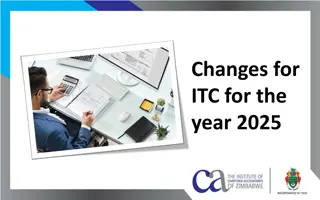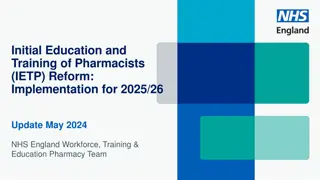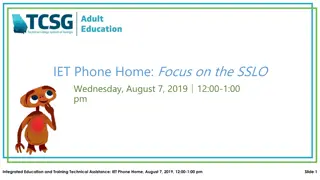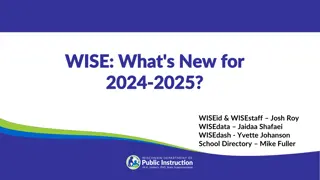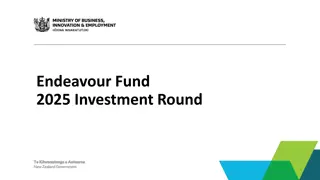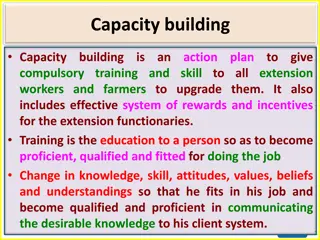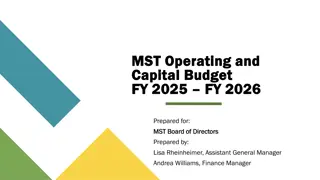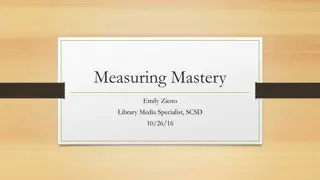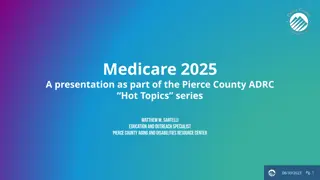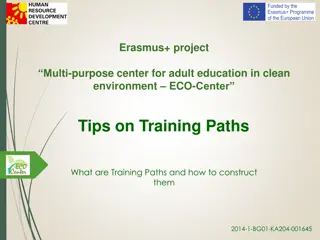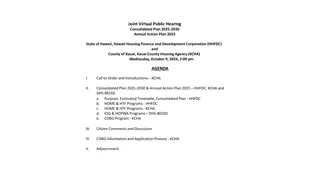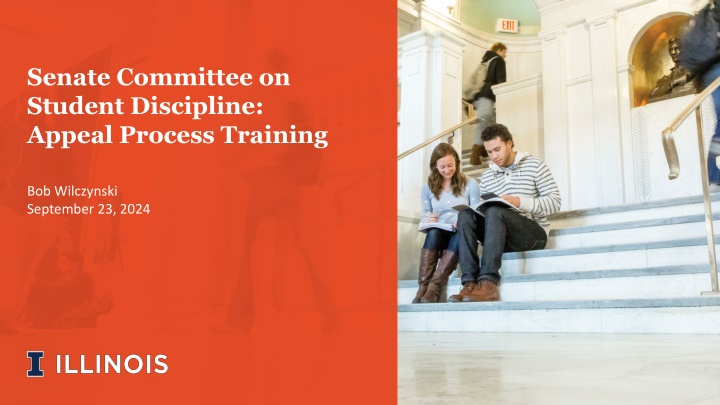
Appeal Process in Student Discipline Committees
Learn about the appeal process in student discipline committees, including the grounds for appeal, deadlines, and panel expectations. Discover how appeals are assessed, the role of the committee, and what to expect during pre-hearing preparations.
Download Presentation

Please find below an Image/Link to download the presentation.
The content on the website is provided AS IS for your information and personal use only. It may not be sold, licensed, or shared on other websites without obtaining consent from the author. If you encounter any issues during the download, it is possible that the publisher has removed the file from their server.
You are allowed to download the files provided on this website for personal or commercial use, subject to the condition that they are used lawfully. All files are the property of their respective owners.
The content on the website is provided AS IS for your information and personal use only. It may not be sold, licensed, or shared on other websites without obtaining consent from the author.
E N D
Presentation Transcript
Senate Committee on Student Discipline: Appeal Process Training Bob Wilczynski September 23, 2024
Review of SCSD Duties The Committee shall: Appoint members of the subcommittees on student conduct; Establish, maintain, and revise (as necessary) the student disciplinary procedures, which specify the process by which university case coordinators and the subcommittees on student conduct address alleged violations of the Student Code; Hear appeals of subcommittee on student conduct decisions; and Hear recommendations for suspension or dismissal arising from an academic integrity infraction.
Appeals Appeals are assessments of the subcommittee s performance (and/or that of OSCR staff, the Title IX Coordinator, etc.). Were procedures followed? Was the hearing conducted fairly and without bias? Were the sanctions appropriate? Has some important new information emerged that the subcommittee didn t have? Appeals are NOT a second bite at the apple for the appellant. Who can appeal???
Appellant Expectations Deadline: five business days from the sanction letter Notice of Appeal Identify specific grounds Identify relief requested Provide rationale for the above Subcommittee actions are held in abeyance until the appeal process is concluded (with the exception of some behavioral expectations, e.g., no contact directives).
Panel Expectations Pre-Hearing You will be selected to serve on an appeal committee based on your availability. Appeal meetings are scheduled either as needed or in preparation for likely appeals. After placement on an appeal panel, you will be given access to the case materials via Box, which will include the original hearing information, the appeal information and the recording of the original hearing. Even if you plan to do a thorough review later, please scan the case materials as soon as possible to determine whether you have a conflict of interest or bias and need to be replaced. In most cases, you will meet with your fellow appeal committee members and your advisor at the designated time and either (1) decide the appeal based on the case materials and your deliberation, or (2) determine that an in-person appeal hearing is necessary before you can decide the appeal (ultimately up to the chair/designee). In some cases, the chair will already have determined that an in-person hearing is necessary. If so, you will be told in advance. [2 is not an option in Title IX cases.]
Panel Expectations Hearing You will review the appellant s selected grounds for appeal to evaluate their merit. Four Grounds for Appeal Procedural Error New Information Conflict of Interest or Bias Sanctions not Appropriate for the Violations You will review any unselected grounds for appeal to evaluate the panel s work and provide guidance for future cases.
Ground 1: Procedural Error Procedural irregularity that could change the outcome of the matter. If citing this ground for appeal, the appellant is required to cite the section of these procedures that was not followed along with how this irregularity changed the outcome.
Ground 2: New Information New evidence that was not reasonably available at the time the determination regarding responsibility was made, that could change the outcome of the matter. If citing this ground for appeal, the appellant is required to specify what new evidence they are now aware of, why it was not reasonably available to them at the time of investigation, and when they became aware of it along with how this evidence would change the outcome.
Ground 3: Conflict or Bias The CC or Panel members had a conflict of interest or bias that could change the outcome of the matter. If citing this ground for appeal, the appellant is required to specify who has a conflict of interest or bias for, or against who. The appellant must also specify what the bias is for or against, and the evidence for the bias.
Ground 4: Inappropriate Sanctions Any sanctions imposed by the CC or Panel were not appropriate for the violation(s) for which the respondent was found responsible. Sanctioning Guidance Did the subcommittee err by following guidance? Did the subcommittee err by deviating? The question is NOT whether you would have imposed the same sanction(s), but whether the subcommittee was out of line in imposing the one(s) that it did.
Possible Actions Affirm the decision, at which time the matter will be considered final and binding upon all involved. Modify the decision, at which time the matter will be considered final and binding upon all involved. Remand the case to the original hearing body (with instruction) or to a new hearing body (with or without instruction) for a new decision. Modify any sanctions or restrictions imposed,at which time the matter will be considered final and binding upon all involved.
SCSD Review of Title IX Decisions There are three decisions are subject to an SCSD appeal: the decision of the investigator to dismiss a formal complaint (or any allegations therein), any decision of the Director, AND the decision of the subcommittee panel There is no formal hearing option, only a review of the materials and a meeting with an OSCR advisor. The decision is communicated to the parties by OSCR staff.

